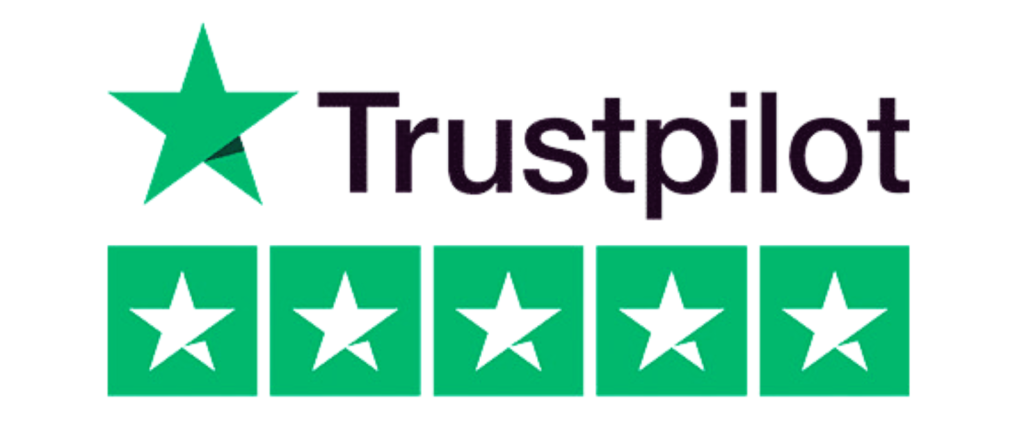In recent years, a growing number of individuals have embraced the trend of sharing personal information online for various daily activities, including socialising on social networks and conducting banking transactions. In my opinion, while there are both advantages and disadvantages to this trend, the overall impact leans toward the negative.
One notable benefit is the unparalleled convenience it offers in various aspects of daily living. Online platforms enable seamless communication, allowing individuals to connect with friends, family, and colleagues across geographical boundaries. Additionally, the integration of personal information in online banking systems enhances financial management, providing users with the ability to conduct transactions and monitor their accounts with ease. The accessibility and efficiency provided by these digital platforms contribute to time-saving and streamlined processes in both social and financial realms.
However, one paramount concern is the heightened risk of privacy breaches and theft. Individuals commonly give their data via the internet to large companies to make transactions or for other purposes, but hacking and data breaches have become alarmingly common, placing thousands of people’s sensitive information in the hands of criminals. Individuals can also be targeted by fraudsters who then manipulate the disclosed details to engage in financial scams and fraudulent activities, such as stealing people’s identity or scamming them into giving their bank details.
Furthermore, the pervasive nature of online information sharing exacerbates the risk of online harassment and stalking. The ease with which personal details are accessible can empower malicious actors to target individuals, leading to harassment, stalking, and other forms of cyberbullying. This not only jeopardises individuals’ mental well-being but also raises questions about the overall safety of the online environment.
In conclusion, while the trend of sharing personal information online may offer short-term conveniences, the associated dangers far outweigh the benefits. The elevated risks of privacy breaches, fraud and online harassment underscore the need for individuals to exercise caution and adopt stringent measures to safeguard their personal information in the digital age.
326 Words




